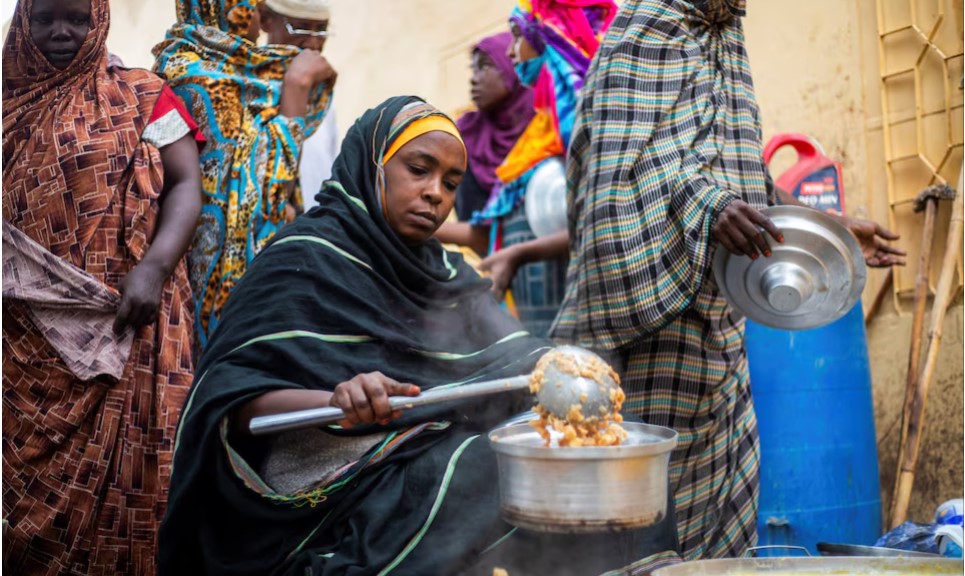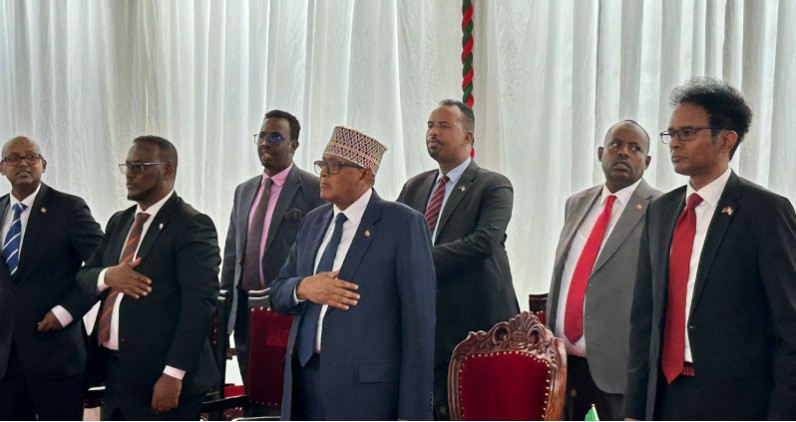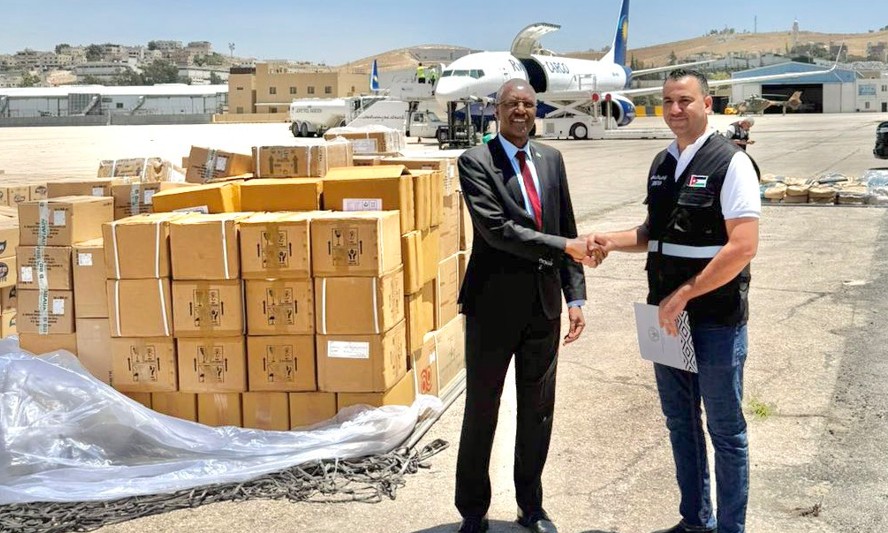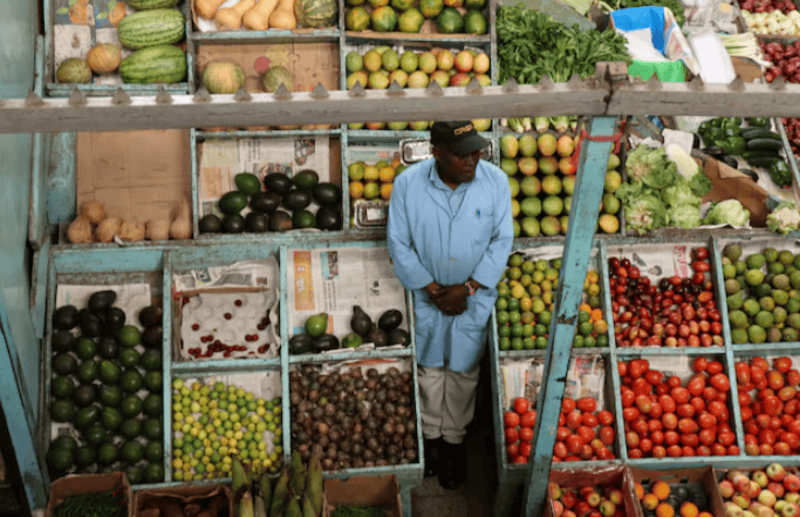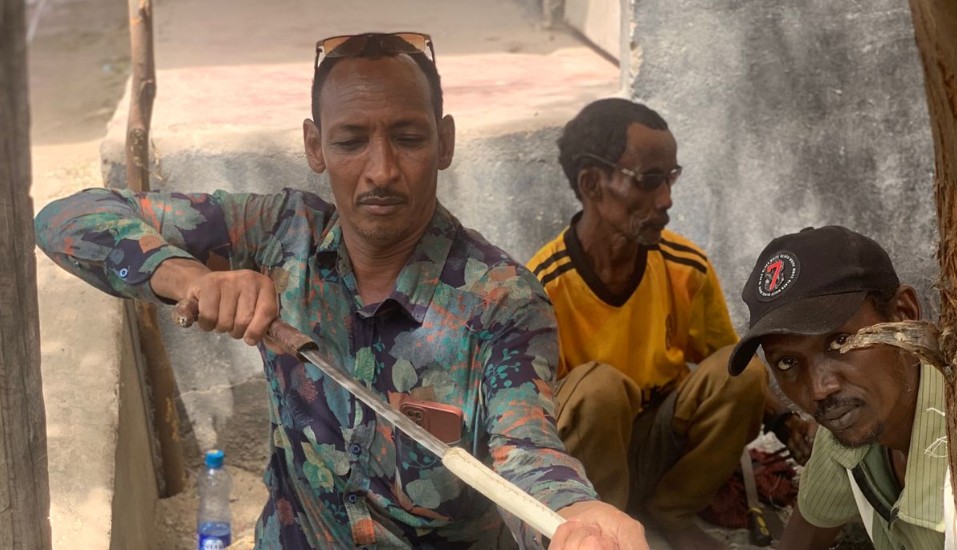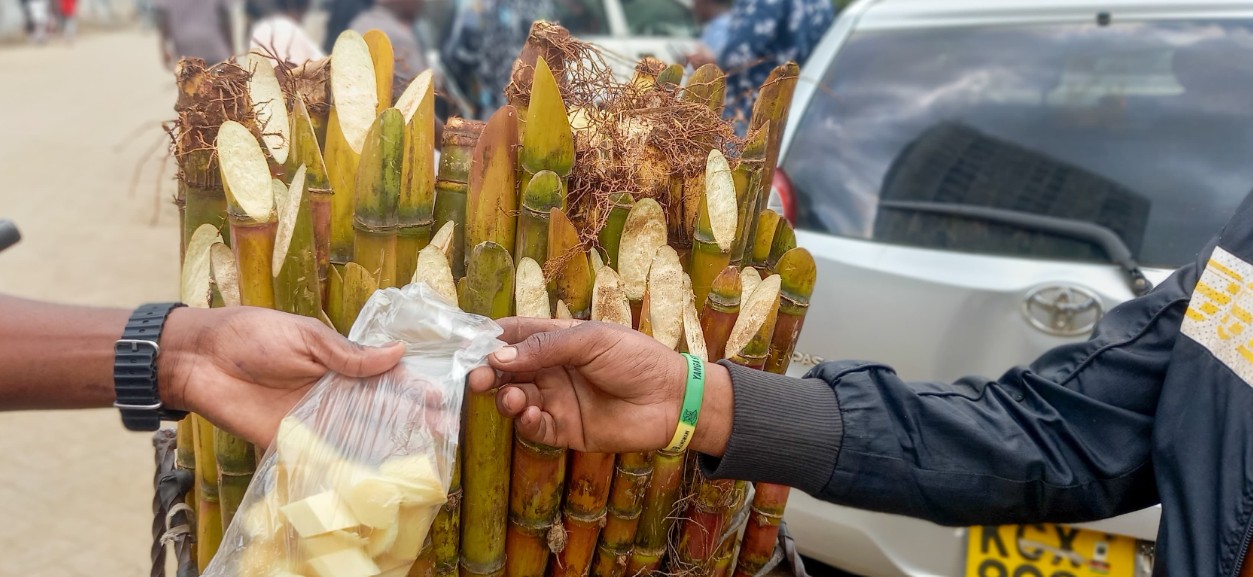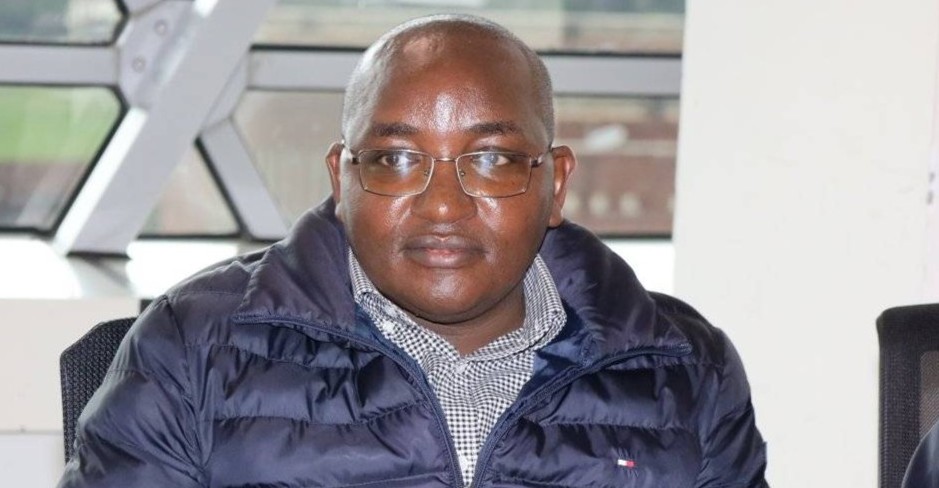Gaza: Heatwave brings new misery and disease risk to Rafah
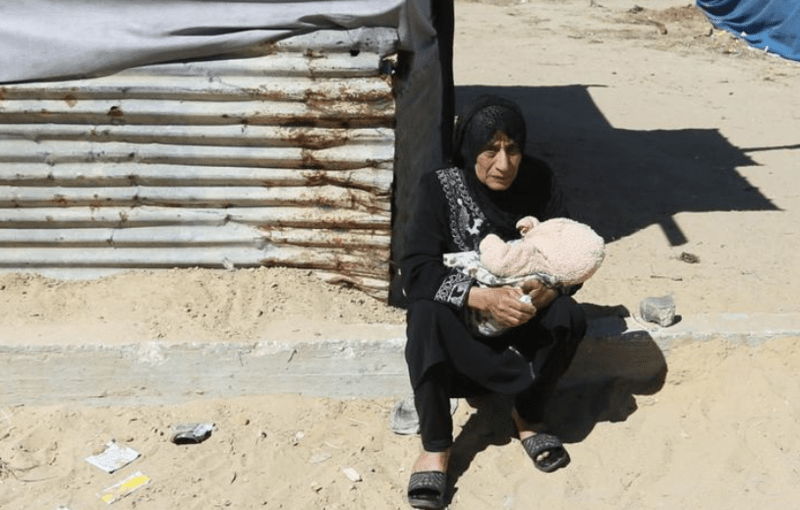
The pop-up clinic receives around 2,000 individuals daily and offers services ranging from chronic disease care, maternal and child health care, dental services and psychological counselling.
The warning from the UN agency for Palestinian refugees, UNRWA, came as some 1.2 million people continued to shelter in tents pitched in and around the enclave’s southernmost city, Rafah, with nowhere else to go.
“It is like living in a greenhouse, no one can tolerate living inside,” the UN agency said, quoting Mustafa Radwan, formerly from Gaza City, in a social media post on X.
More To Read
- Rwanda donates 16 tonnes of humanitarian aid to Gaza amid worsening food shortages
- Severe funding cuts force sharp scale-back of humanitarian aid in Somalia, threatening millions
- Gaza: Nine children of doctor couple killed in Israeli strike
- 36,000 civilian deaths recorded in 2024 conflicts amid widespread use of banned explosives -UN
- Strikes on Gaza houses and tents responsible for over half of deaths this week
- UK stops trade talks with Israel as international criticism grows over Gaza offensive
With temperatures hovering around 40 degrees Celsius, Rafah’s residents are acutely aware that conditions will become even more uncomfortable once summer comes, with temperatures set to reach “50℃ or 60℃”, said Mr. Radwan, who lives in a tent with eight family members.
Clean water remains scarce in Rafah and long queues are an everyday reality, Radwan continued. “Everything is a queue, everything is suffering in displacement.”
More mission access denials
In a related development, UN aid teams reported that no humanitarian missions were possible to northern Gaza on Wednesday “as the Israeli army closed its checkpoints on two roads due to troop movements”.
But the UN Office for the Coordination of Humanitarian Affairs (OCHA) noted that a joint UNRWA and UN Children’s Fund (UNICEF) mission did reach Jabalia on Tuesday, providing medical aid and water purification assistance.
“It is like living in a green house, and no one can tolerate living inside.”
— UNRWA (@UNRWA) April 25, 2024
We are just at the beginning of summer, and the temperatures are already unbearable in #Gaza
Access to fresh water is very limited, making hot weather an even bigger health threat#CeasefireNow pic.twitter.com/6Qtln9XPD0
Pop-up clinic
The UN agency for Palestinians also reported successfully converting a children’s nursery into a functioning health facility in the Mawasi area of the devastated city of Khan Younis.
The pop-up clinic receives around 2,000 individuals daily and offers services ranging from chronic disease care, maternal and child health care, dental services and psychological counselling.
“With the onset of summer, difficulties increase from water scarcity and overcrowding, leading to the spread of infectious diseases, skin sensitivities, lice, and other illnesses,” said Dr. Ahmed Hanouda, the clinic's director.
“We are, of course, trying to address these problems and provide services to the displaced people under these challenging circumstances based on the available resources. We look forward to offering better services and providing better facilities in the coming days,” he said.
Atrocious conditions
Asked at the regular UN daily briefing in New York about Israel’s plan which remains on the table to invade Rafah in its quest to eliminate Hamas, Spokesperson Stéphane Dujarric said a ground operation would be “a humanitarian catastrophe”.
Other Topics To Read
“We’re operating in a conflict zone…we will not be a party to any forced displacement of people,” he added.
Quizzed further about the rising temperatures, he said “conditions are already atrocious. The whole system of treatment of solid waste has basically crumbled with the unimaginable sanitation impact that has on people’s health.”
Top Stories Today





